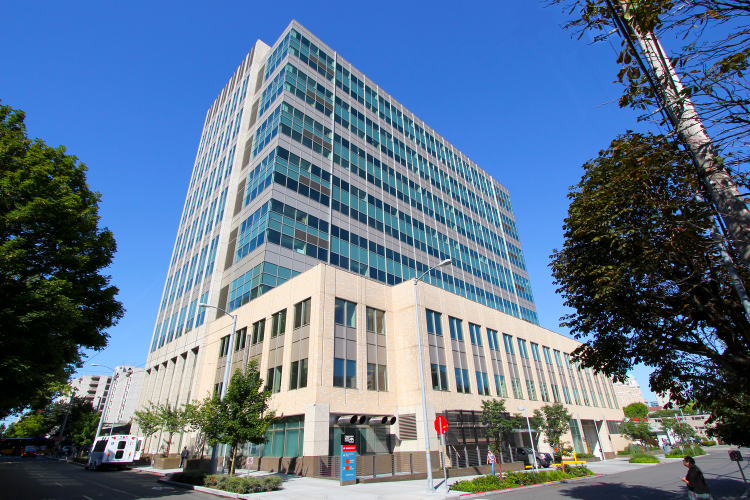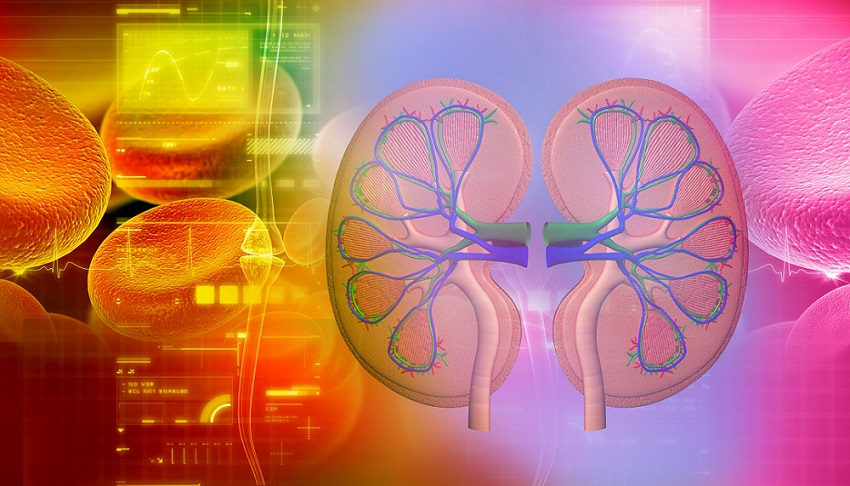
Genetic Variation and Ultrafiltration with Peritoneal Dialysis: A Genome-Wide Association Study


JASN
Authors:
Stanaway, Ian B.; Costa, Ines P.D.; Davies, Simon J.; Perl, Jeffrey; Lambie, Mark; Morelle, Johann; Jarvik, Gail P.; Jain, Arsh K.; Himmelfarb, Jonathan; Heimburger, Olof; Johnson, David W.; Pirkle, James; Robinson, Bruce; Stenvinkel, Peter; Yee-Moon Wang, Angela; Devuyst, Olivier; Mehrotra, Rajnish; on behalf of the Bio-PD Consortium
Background:
There is a large person-to-person variability in ultrafiltration volume with peritoneal dialysis (PD), most of which cannot be accounted for by demographic and clinical differences. Herein we tested the hypothesis that common genetic variants are associated with peritoneal ultrafiltration and explored one mechanistic pathway identified by genetic studies.
Methods:
We generated estimates of heritability and undertook genome-wide and gene-wise studies, adjusted for peritoneal solute transfer rate (PSTR), to test associations of genetic variation with ultrafiltration on peritoneal equilibration test (PET) done at PD initiation in 2723 participants in the international Bio-PD study. We used a mouse model of PD to study the mechanistic basis for the association of PTGES gene with peritoneal ultrafiltration.
Results:
PET was done at a median of 61 days (IQR 38-118) from PD start with a median 4-hour ultrafiltration volume of 250 mL (IQR 25-465). The heritability of peritoneal ultrafiltration was estimated to be 50% (p=0.001). In single nucleotide variant (SNV)-wise multi-ancestry GWAS using TRACTOR software, one SNV reached genome-wide significance in participants with European local ancestry (rs72631501, CRK intron, p=2.6x10-8) and one in participants with South Asian local ancestry (rs1416265, intergenic, p=4.2x10-8). Gene-wise analyses showed significant association of 21 genes at false discovery rates (FDRs) <0.10 in the European strata, notably PTGES (FDR=0.053), SLC24A3 (FDR=0.0003) and CRK (FDR=0.04). SLC24A3 remained significant (FDR=0.03) in meta-analysis of the four ancestry strata. Using scRNAseq, PTGES localized in peritoneal adipocytes. In a mouse PD model, pharmacological modulation of PTGES altered dialysate prostaglandin E2 (PGE2) levels with changes in adipocyte volume, peritoneal small solute transfer rate, and ultrafiltration volume.
Conclusions:
Common genetic variants accounted for a substantial proportion of the variability in peritoneal ultrafiltration with potential associations with 21 genes, including CRK, PTGES and SLC24A3. Functional studies substantiated a potential role for PTGES/PGE2 in regulating peritoneal ultrafiltration.
Copyright © 2025 by the American Society of Nephrology









